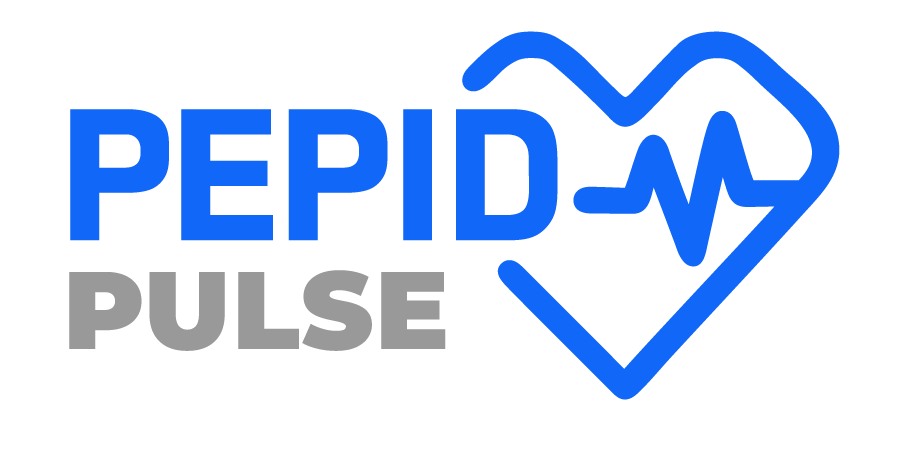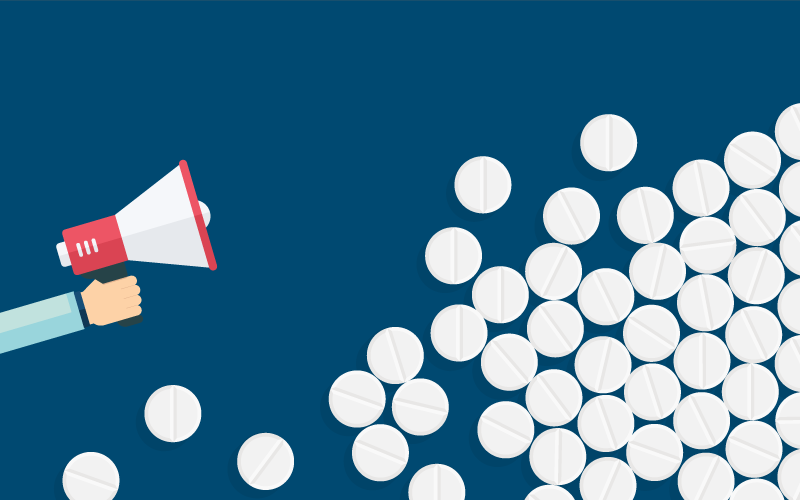According to the CDC, drug overdose deaths nearly tripled from 1999 to 2015. The CDC’s December 30, 2016 MMWR report continues on to state that of the 47,055 drug overdose deaths that occurred in 2014 in the United States, 28,647 (60.9%) involved an opioid.
As some states, including Arizona, Maryland, and Florida, declare a state of emergency for the opioid crisis, a surge of legislation is being pushed to combat the issue.
The Comprehensive Opioid Abuse Reduction Act (H.R. 5046) was passed by the House of Representatives in May, authorizing $103 million annually to:
- Overhaul and improve grant programs administered by the Department of Justice to reduce opioid abuse
- Enhance partnerships between criminal justice and substance abuse organizations
- Develop and expand programs that prevent, treat or respond to opioid abuse
- Train first responders to administer opioid reversal drugs, such as naloxone
- Investigate opioid distribution activities
- Provide alternatives to incarceration for pregnant women and parents whose children may enter the foster care system
Additionally, The Hill identifies these state-level actions taken to combat the crisis over the past year.
- Opioid prescriptions were limited to seven days in 9 states, including Massachusetts.
- Limits on the number of pills that can be prescribed were passed in 4 states. Sixteen other states are considering similar legislation.
- Seven states have begun requiring doctors to check Prescription Drug Monitoring Programs prior to prescribing opioids, resulting in 49 states and the District of Columbia having versions of the program.
- Thirty-seven states have introduced new measures to strengthen Prescription Drug Monitoring Programs, including efforts to work across state lines to reduce “doctor shopping” and “pill mills.”
- Increased access to naloxone, including making it available over the counter as well as training low enforcement professional to administer the drug.
The continuously updated clinical content of PEPID’s Emergency Medicine Platinum Suite contains the most current medical information regarding Heroin/Opioid Abuse, Opioid OD, and Opioid Withdrawal.

